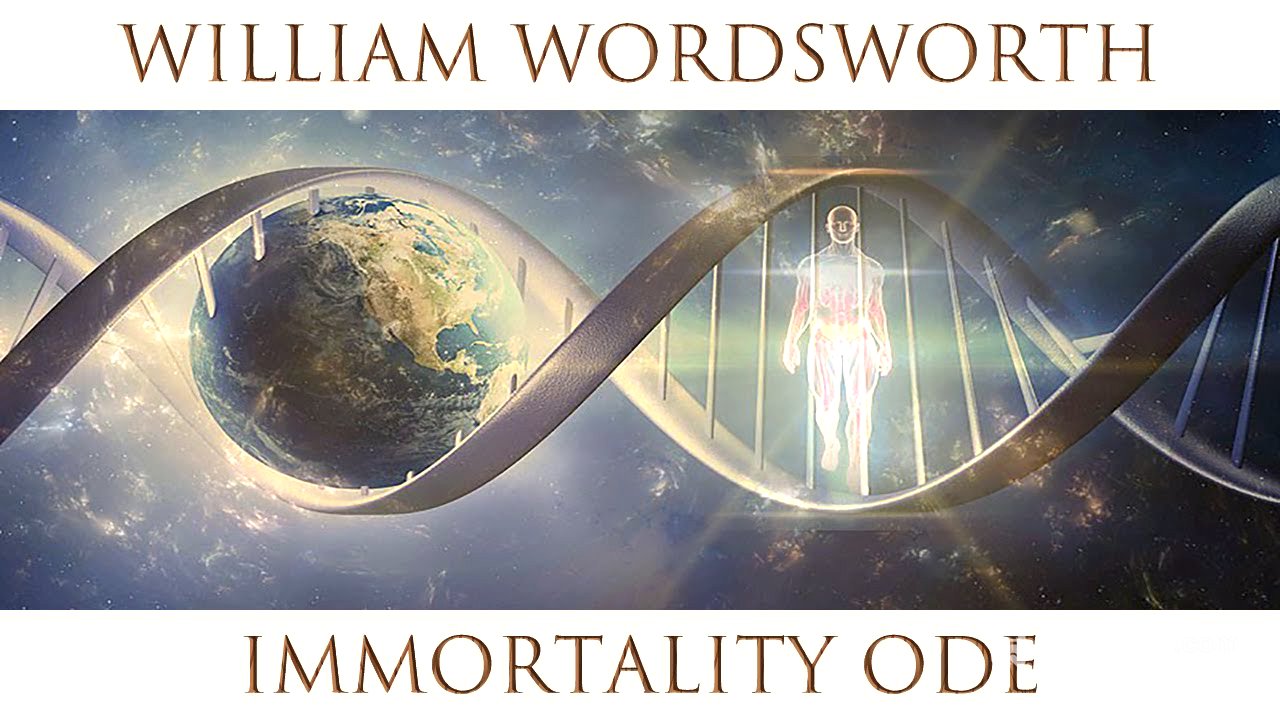TLDR;
This lecture explores William Wordsworth's poetry, focusing on "Lines Written a Few Miles Above Tintern Abbey" and "Ode: Intimations of Immortality from Recollections of Early Childhood." It examines Wordsworth's Romantic ideals, including the spiritual significance of nature, the power of imagination, and the importance of childhood experiences in shaping adult identity. The lecture also discusses the influence of Neoplatonism on Wordsworth's work and critiques the theological implications of his views, particularly regarding the nature of evil and the role of God.
- Wordsworth's poetry asserts the theological claims of Romanticism, emphasizing a spiritual equivalence between nature and human nature.
- The "Intimations of Immortality" explores how memories, especially those from early childhood, shape a person's sense of self, challenging traditional education models based on imitation.
- Wordsworth's view of the imagination as a redemptive faculty is presented as a secular equivalent to Christian concepts of creation, fall, and redemption.
Introduction to Wordsworth and Romanticism [0:00]
The lecture begins with a review of William Wordsworth's "Lines Written a Few Miles Above Tintern Abbey," a poem from "Lyrical Ballads" that helped launch the Romantic movement. Wordsworth connects his mind with the world, suggesting a spiritual equivalence between human nature and the environment, which the lecturer identifies as pantheism. While this view appreciates the spiritual significance of nature, it diminishes human nature, contrasting with the 18th-century materialist view but potentially reducing humanity's unique status.
The Ode and the Sublime [3:52]
The discussion shifts to Wordsworth's "Ode: Intimations of Immortality from Recollections of Early Childhood," an ode which is a type of song associated with the sublime. The poem explores the importance of memory, particularly childhood memories, in developing a sense of self. Wordsworth posits that early childhood experiences, rather than religious or national identity, significantly shape an individual, a revolutionary idea at the time. This emphasis on self-reliance and personal memory contrasts with reliance on external authorities like the church or schools.
Psychology and the Self [8:14]
The lecture addresses the connection between Romanticism and the emergence of psychology as a discipline. Psychology seeks to understand the psyche, which is viewed differently across various schools of thought, from materialist perspectives that equate it with the brain to immaterialist views that see it as the mind. Wordsworth's approach, which emphasizes accessing one's essential self through personal experience, is contrasted with scientific methods of empirical science. The lecturer critiques the naivety in Wordsworth's belief in objectivity, highlighting the inherent bias in self-perception.
The Child as Father of the Man [11:58]
Wordsworth's famous line, "The Child is father of the Man," is examined, revealing the radical idea that children can teach adults. This concept challenges traditional education, where adults teach children through imitation (mimesis). Wordsworth suggests beginning from "ground zero," like orphans without parental influence, to seek knowledge within oneself. This approach contrasts with classical and biblical education, which emphasizes imitating moral examples.
Analysis of the First Four Stanzas [20:41]
The lecture transitions to an analysis of the first four stanzas of "Intimations of Immortality," which describe the growth from innocence to experience. Wordsworth laments the loss of vividness and the ability to see things as he once did, presenting adulthood as a loss rather than a gain of knowledge. This loss is attributed to the habitual nature of experience, which diminishes the spiritual significance of things.
Neoplatonism and the Soul's Journey [31:06]
The lecture explores the Neoplatonic influences in the fifth stanza, particularly the doctrine of anamnesis (recollection). Wordsworth describes birth as "but a sleep and a forgetting," suggesting the soul comes from God with partial memory, "trailing clouds of glory." As one grows, the "shades of the prison-house" close in, symbolizing a departure from this original state. This stanza presents three stages: infancy, youth, and adulthood, each marked by a progressive loss of the initial divine connection.
Earth as Mother, Nurse, and Jailer [36:32]
In the sixth stanza, Earth is depicted in various roles: mother, nurse, foster mother, and jailer, each representing a stage of increasing alienation from one's essential self. The "homely nurse" tries to make man forget his origins, and the shades of the prison house close around a person as he or she gets older. This alienation results from growing older and intentionally walking into experience.
The Child Actor and Imitation [39:09]
The seventh stanza portrays the child as an actor, imitating adult roles and behaviors. While children naturally want to emulate adults, Wordsworth sees a perversity in this, as it leads them away from their inherent goodness. The child's "whole vocation" seems to be "endless imitation," reinforcing Wordsworth's opposition to mimesis as a means of education.
Addressing the Child Directly [47:47]
In the eighth stanza, Wordsworth uses apostrophe to address the child as a superior being, a "best philosopher" and "mighty prophet." He questions why the child provokes the years to bring the "inevitable yoke" of adulthood. The imagination's purpose is to recover the unity between ourselves and the natural world. The origins are with our birth and our early childhood experiences, the fall is in growing older, and the means of redemption is the imagination.
The Recovery of Innocence Through Imagination [58:53]
The ninth stanza marks a shift, with Wordsworth finding joy in the "embers" of what was lost. He values the "obstinate questionings" and "shadowy recollections" that lead to the "master light of all our seeing." This recovery of innocence comes through the imagination, allowing one to reconnect with the primal unity between all things. The lecturer notes the absence of sin, the cross and God, and presents the imagination as a divine faculty that replaces God.
Critique of Wordsworth's Theology [1:05:13]
The lecture concludes with a critique of Wordsworth's theology, questioning the nature of evil and the implications of inclusivity. The lecturer argues that Wordsworth's view diminishes evil and promotes a Pelagian view of human nature, where sin is not inherent but something that happens to us. Despite acknowledging the poem's beauty and power, the lecturer expresses concern over its theological implications, particularly regarding justice and the nature of God.









